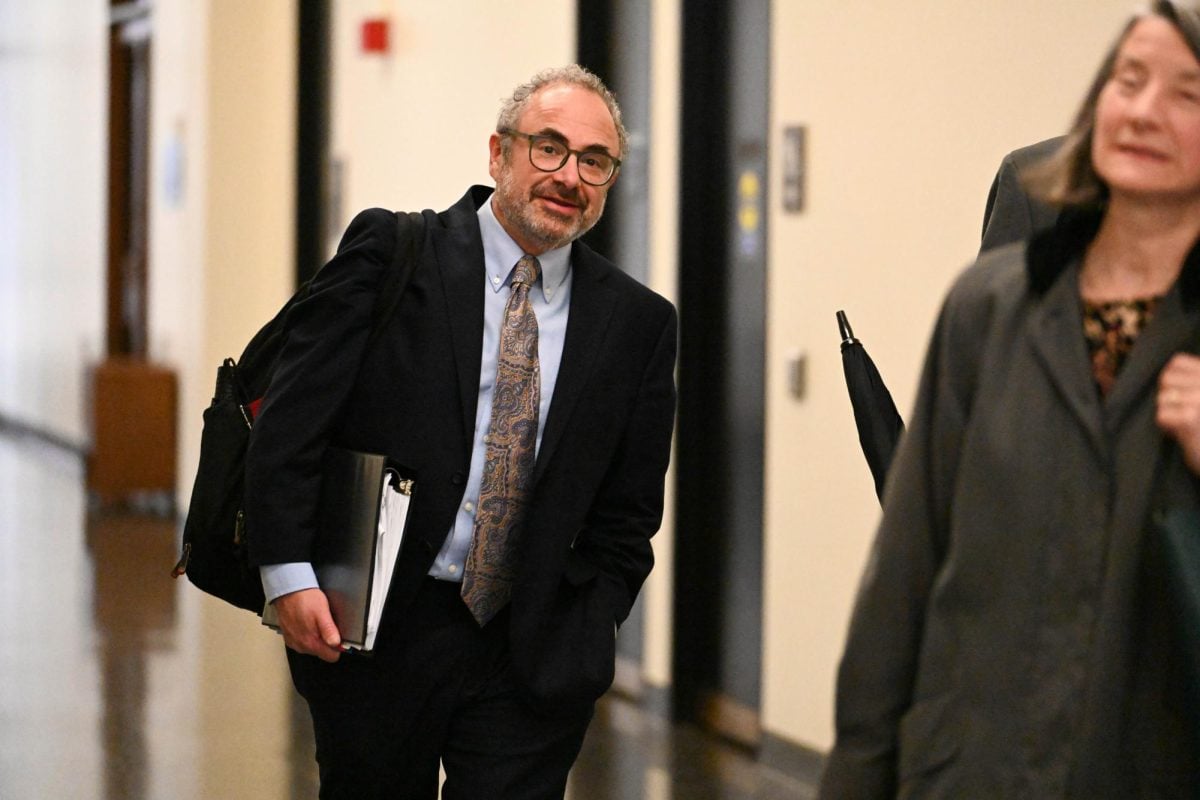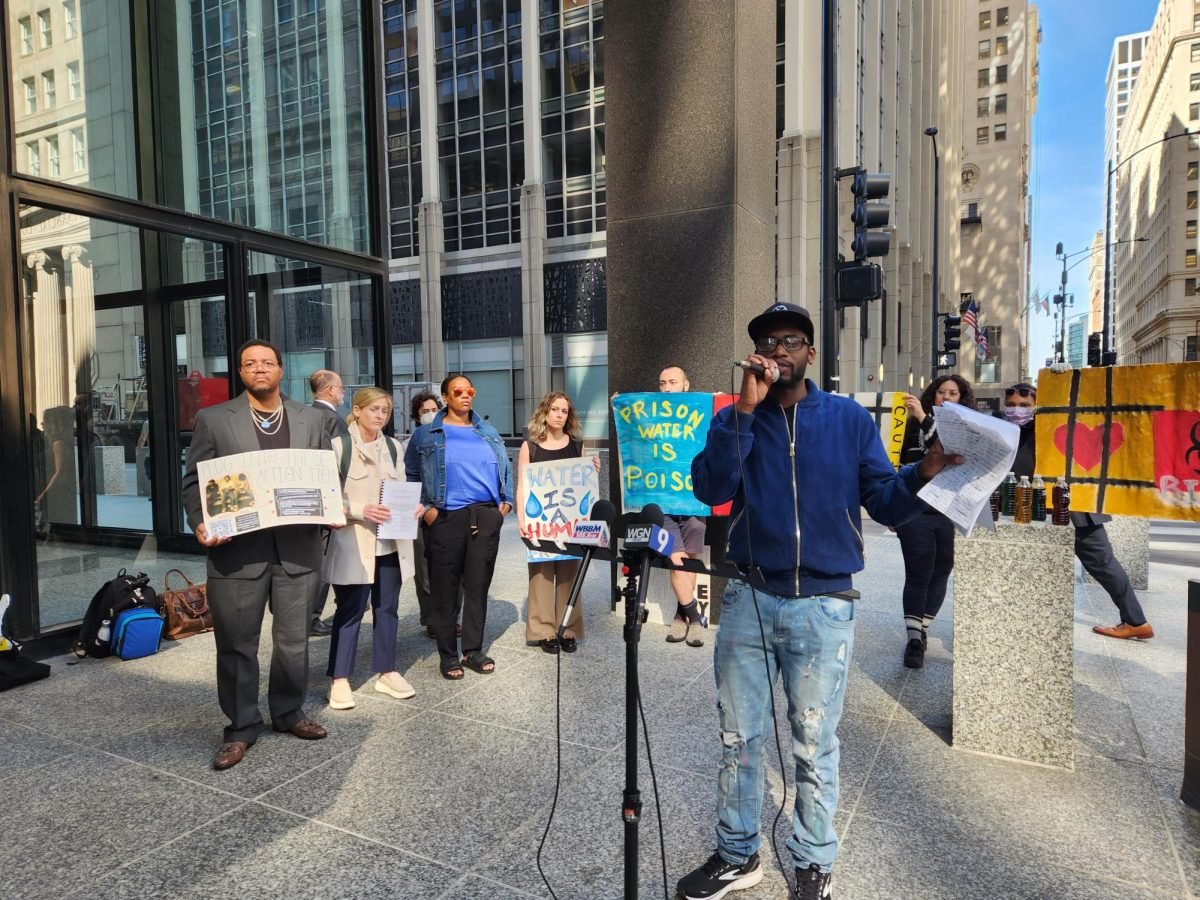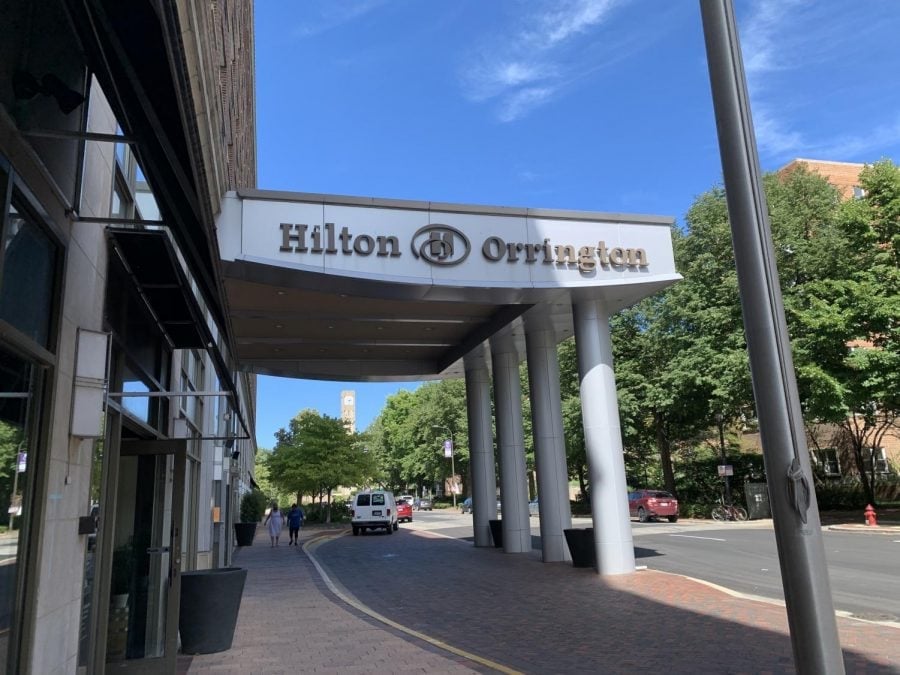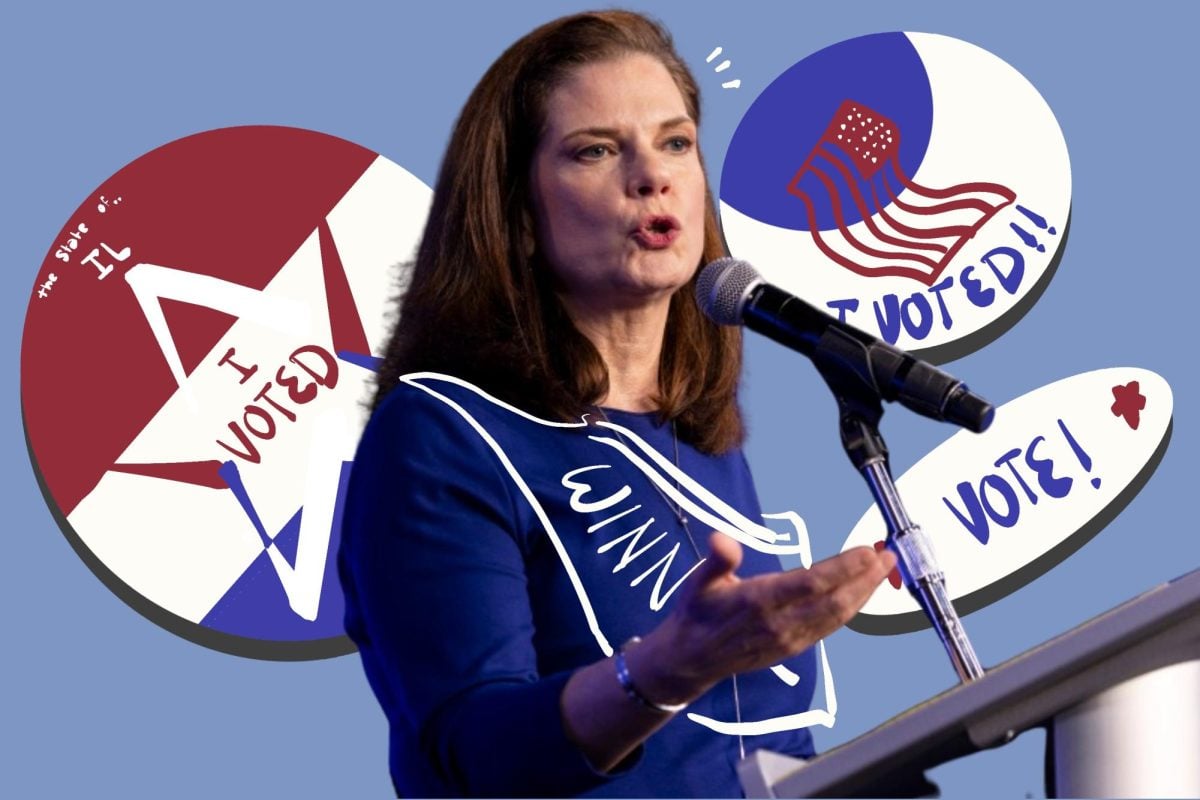Evanston voters will vote next month to decide if the city will consolidate to using only one energy supplier. Now a San Francisco-based green energy consultant firm is suggesting a different alternative – the localization of renewable energy, which would allow the city to use its own power supply.
Charles Schultz, the development director of Local Power Inc., said the company hopes to present plans for this localization to Evanston’s government. Localization of renewable energy would allow Evanston to generate energy from renewable sources rather than non-renewable fuel to create “one of the biggest things Evanston has done in modern history,” he added.
“We want to tell (city officials) what San Francisco is doing and how they can get there,” Schultz said. “At this point, it’s kind of an educational thing, although we’re happy to do work for the city, such as advising them to change their power supply.”
For San Francisco, Local Power is currently writing the bids for the city’s government so the issue of sustainibility can be targeted directly. The company wants to go beyond providing renewable energy credits typically awarded for the use of fossil fuel power and instead allow renewable energy to be generated locally.
“It’s like buying a bottle of water from Starbucks and having a bit of the profit go to charity,” Schultz said. “It’s not a bad thing to do, but it’s different from what we’re proposing, which is to directly address the issue rather than give donations every time you buy power.”
About 150 cities in Illinois pursue the same environmental policy as Evanston, but Schultz said Local Power is especially interested in Evanston.
“Evanston has a more progressive population,” Schultz said. “The things that we would like to talk about and encourage people to do resonate more clearly in a place like Evanston, because there are a lot of activists and environmentalists.”
Schultz said he has already emailed the city’s sustainability coordinator, Catherine Hurley, and Evanston Mayor Elizabeth Tisdahl, who responded that they were still early in the process of deciding on which sustainability measure to take. He said it is very difficult for cities to commit to such big projects.
“Officials and politicians don’t want to do anything that is going to be a disaster,” Schultz said. “What we’re doing is complex, meaning it is also more risky.”
Hurley did not respond to interview requests made over the weekend.
Weinberg senior Michael Giannetto, president of Sustainable Energy for Economic Development at Northwestern, said creating more local sources of energy would benefit the environment.
“You don’t lose as much energy as you would transmitting that energy from over long distances,” Giannetto said. “If you had more local sources in Evanston powering the community, that would be great and would save a lot of energy. But for the cost, I don’t know where the money is going to come from.”
Schultz said if fossil fuel companies switched to renewable energy, their business would suffer, making costs surpass benefits.
“Utilities make their money from fuel, and they can’t reduce the amount of fuel they sell, because they’re servicing a huge amount of debt they have invested in,” Schultz said. “They’re locked into it, so utilities can’t make the kind of changes that we need to address the economic collapse or climate change. They would go bankrupt if they tried.”
The danger for Evanston is that choosing one energy supplier for the entire city would perpetuate the environmentally harmful policies of utility companies, Schultz said
“Instead of ComEd selling the power, it will be just another big fossil-fuel-based energy supplier,” Schultz said. “We want to ultimately get away from fuel, but that’s the difficult part, because it requires a lot of effort.”
Schultz said the main obstacle Local Power faces now is complexity.
“On the city side (with the current policy), all they have to do is sign a piece of paper and it’s done,” Schultz said. “What we do is very complex, which means a lot of work from the government and a learning curve will be involved.”
He said price is not an issue.
“We’re a small business, and we work very cheaply because we’re passionate about it,” Schultz said. “We’re not interested in immediate, cheaper power, which is a short-term benefit.”
Schultz said Local Power’s first big hurdle is convincing people to think about power in a new way. Electricity is supplied the same way today as it was 100 years ago; customers pay a bill every month and the money pays off the investments of private power companies, Schultz said. But with Local Power’s new proposal, the money will be invested into the local community for renewable energy producers, such as solar panels.
“That is a departure from the whole history of electricity power in the U.S., so the risk is more of a conceptual risk,” Schultz said.
The risk city officials would have to take is logistical. Entering into contracts with local companies and asking them to make investments in the community – such as the construction of a solar array on a building within a defined time frame – could be challenging, Schultz said. But it’s a “worthy risk,” he added.
“When presented to people, they’ll understand that it’s better than signing contracts, but it just means you’re dealing with building new things in the city and more parties are involved, such as contractors,” Schultz said.
Schultz said the next thing Local Power will do is send a letter and materials to Tisdahl.













